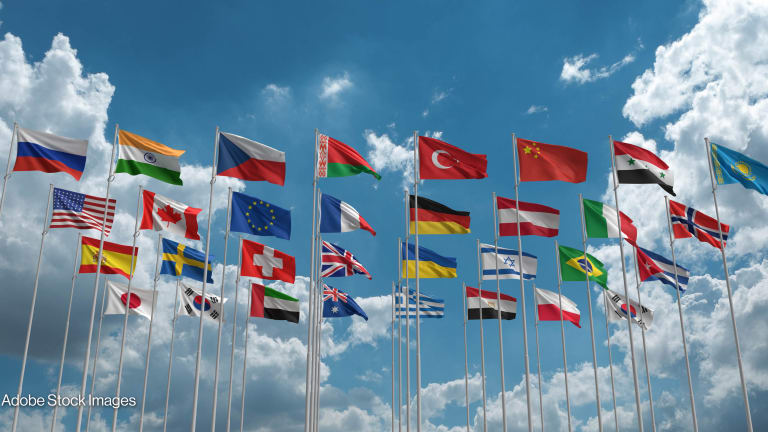To decolonize global development, status quo or slow change is not an option. Transformation is the only viable alternative. It is imperative that the sector’s global leadership channel the positive push for a shift in power by decolonizing areas such as organizational design and structure, the distribution of money, and how knowledge and competence are valued.
Events such as the brutal death of George Floyd and the ensuing momentum against structural racism, the rise of authoritarianism, declining aid, humanitarian crises, and initiatives like the “Grand Bargain” and INGO Pledge for Change, though seemingly disparate, collectively highlight the urgent need to decolonize the global development sector.
Yet large philanthropic foundations, bilateral donors, and international nongovernmental organizations have been slow, even reluctant in some cases, to change and shift the power. While the decolonization rhetoric is publicly embraced by many global north groups, actions to give it substantive roots remain hollow.








